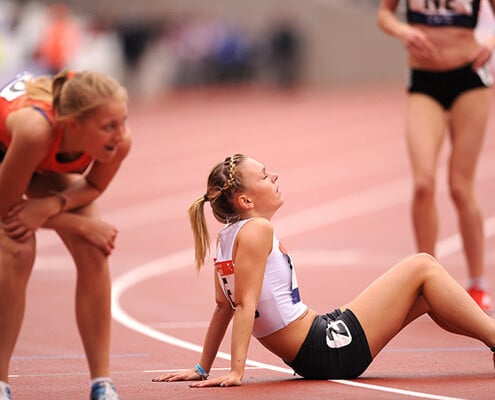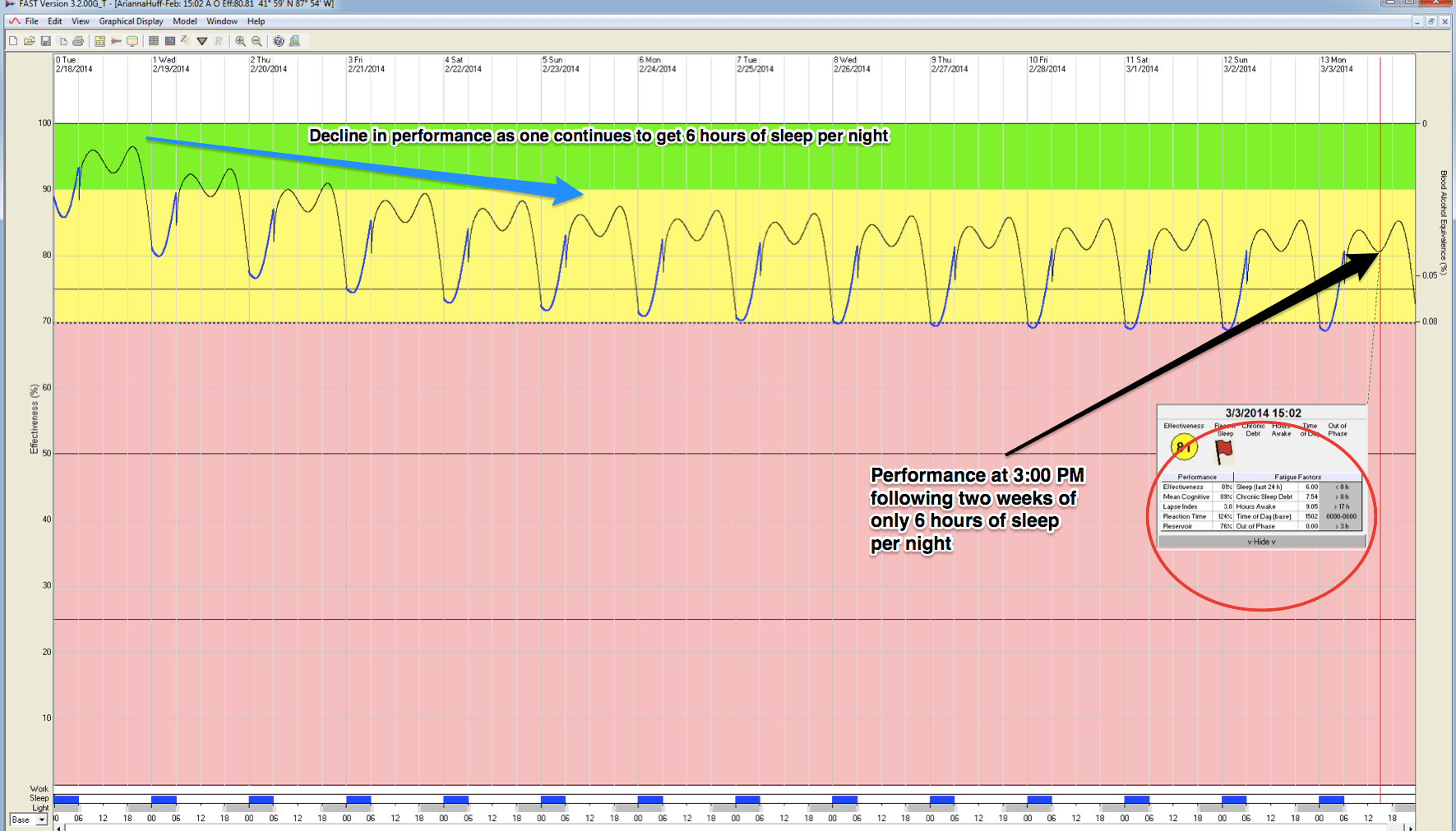On Monday, 26 August, one of the most important Grand Slams of the year started – the 2013 U.S. Open.
With a total prize pool of $34,300,000 and the last grand slam of the season, winning the U.S. Open is one of the most coveted prizes of the year.
For the current world number 3, Andy Murray, the need to perform during the U.S. Open is imperative – as this will be Murray’s first time as a defending champion at a Grand Slam tournament.
So how has Murray been training? Well instead of squeezing additional training on his day off, Murray did what many professional athletes deem as unthinkable – he actually took the day off.
This is not the first time Murray has added rest and adequate sleep into his pre-game regime. In fact, before his 2013 Wimbledon victory, Murray credited his win to getting 12 hours of sleep pre-game, where as his competitor Novak Djokovic credited his poor performance and multiple unforced errors on fatigue.
So what is sports fatigue?
Fatigue is both a physical and a mental state, representing that point in a difficult training session or competition when the body demonstrates a reduced ability to work efficiently, with a feeling of weariness that cannot be mentally overcome.
For athletes, such as Murray and Djokovic, the need to see just how far they can push themselves in order to achieve their best is key to their training pre-championship. This often means giving up a few hours of sleep for training, or sometimes squeezing in an hour’s workout into their busy schedules. For many athletes it’s tough to balance, but with game-day coming up, many athletes can only see the end goal in mind and tend to over-train themselves.
So how can athletes avoid sports fatigue?
An athlete can reduce or eliminate the impact of fatigue by tracking their actual sleep patterns with our fatigue measurement technology – Readiband and FAST.
Readiband – By wearing the Readiband™ athletes can see their real time effectiveness scores allowing them to understand how fatigue is affecting their performance on a daily and hourly basis. Additionally the sleep data collected by wearing the Readiband can be uploaded into our cloud-based software which aggregates the data into fatigue analytics allowing coaches and managers to pinpoint periods of optimal and compromised performance. The analytics then allow for proactive strategies to be created to optimize team performance both on and off the field.
Fatigue Avoidance Scheduling Tool (FAST®) – By uploading FAST flight times, game times and the team’s actual historical sleep patterns to identify where fatigue is affecting athletes the most. Based on results, travel plans and practice schedules are modified in order to optimize performance effectiveness and improve reaction times.
The Vancouver Canucks know the importance of measuring fatigue
“Adequate sleep is without question the most important recovery factor for athlete mental and physical fatigue. The “state of the art” Readiband and FAST technology developed with strong science and a large data base make the product “a must” for sport organizations interested in fatigue assessment and monitoring of their athletes.” – Dr. Zaichkowsky, former Director of Sport Science – Vancouver Canucks



